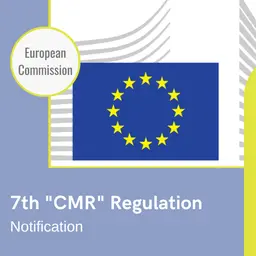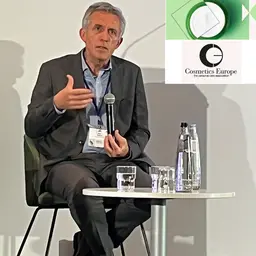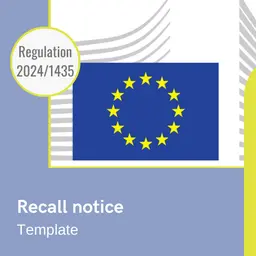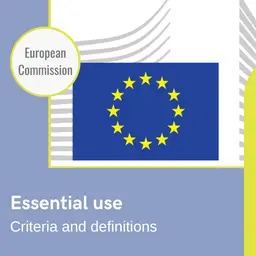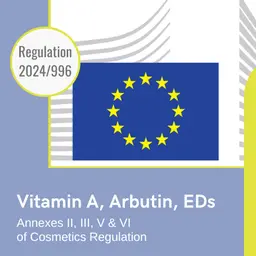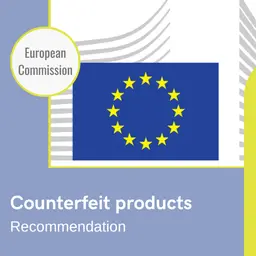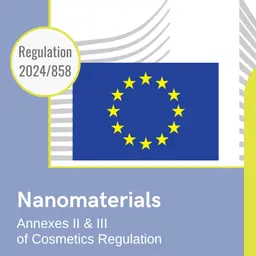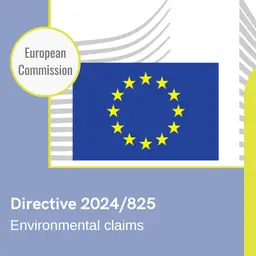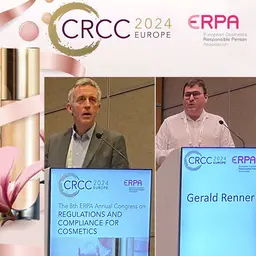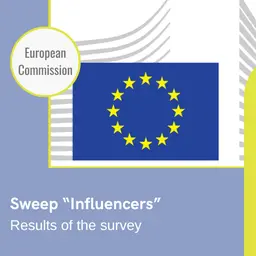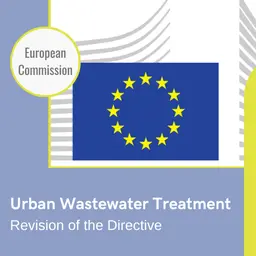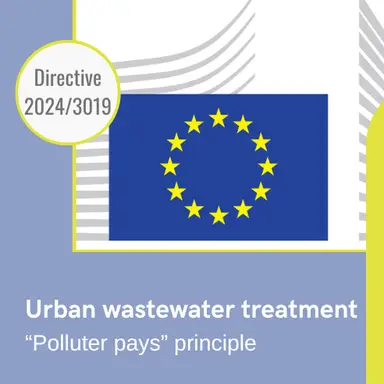
The Directive (EU) 2024/3019 on urban wastewater treatment was published in the Official Journal of the European Union on 12 December 2024. As announced, it creates an EPR (Extended Producer Responsibility) scheme to charge the costs of eliminating microplutants to the pharmaceutical and cosmetics industries.
This recast of the urban wastewater treatment Directive introduces stricter rules on ambient air, surface and groundwater pollutants, and urban wastewater treatment. includes obligations to recover nutrients from wastewater, new standards for micropollutants and new monitoring requirements for PFAS and microplastics.
Based on the principle that pharmaceuticals and cosmetic residues currently represent the main sources of micropollutants found in urban wastewater requiring quaternary treatment, and that the potential increase of costs of products or the potential reduction of the profit margins of the industries placing products on the Union market due to the application of extended producer responsibility would be marginal, The European Commission has therefore decided in favour of an EPR system for these two sectors.
The conditions of EPR
This system must be able to cover:
• at least 80 % of the full investment and operational costs for the quaternary treatment of urban wastewater to remove micropollutants resulting from the products placed on the market and from the residues of those products, as welle of the costs for the monitoring of micropollutants;
• the costs for gathering and verifying data on products placed on the market;
• other costs required to exercise their extended producer responsibility.
Each …

